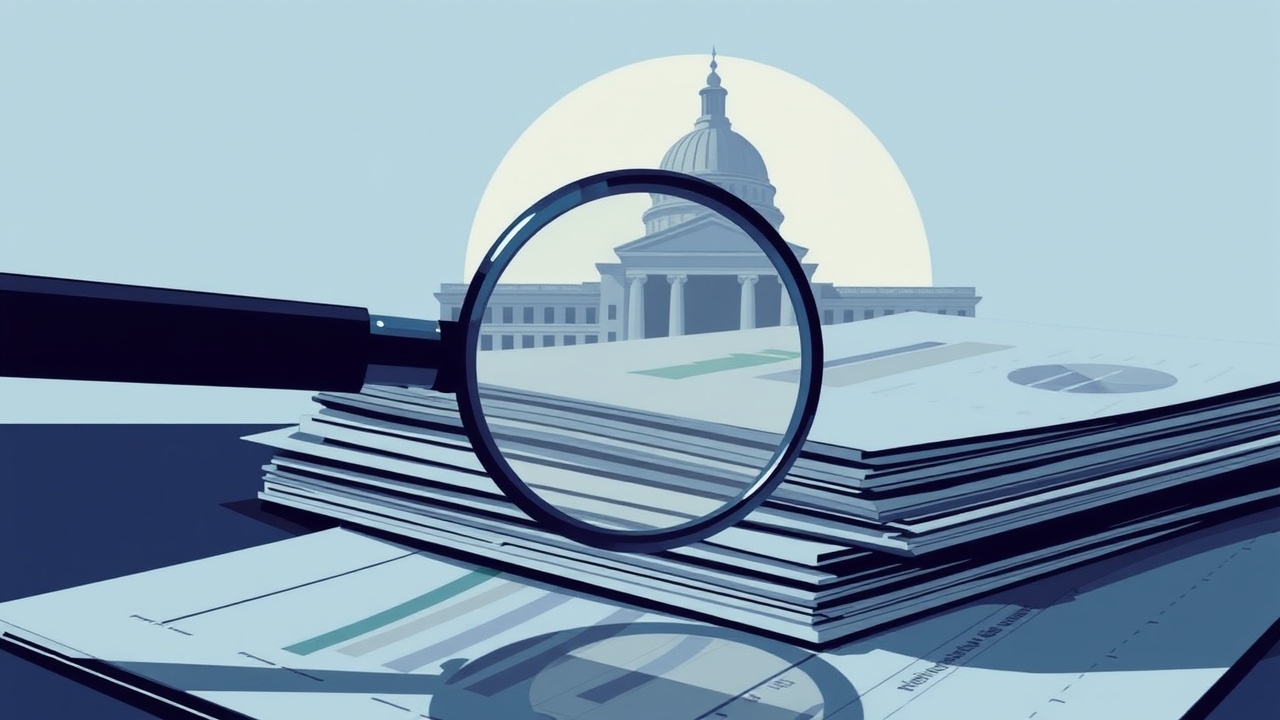Statement Summary
The U.S. Securities and Exchange Commission (SEC) has charged Unicoin, Inc. and its top executives, including CEO Alexander Konanykhin, in a fraudulent scheme that misled over 5,000 investors into buying $100 million worth of rights certificates for crypto assets. The SEC alleges these executives made false claims about the Unicoin tokens being backed by billions in real estate and equity, as well as unregistered offers and misleading advertising across multiple platforms. The complaint seeks civil penalties, permanent injunctions, and officer-and-director bars against the executives. Additionally, General Counsel Richard Devlin has agreed to a settlement involving a $37,500 penalty. The case illustrates serious violations of securities laws amid the burgeoning crypto market.
Details of the Charges
Unicoin, Inc.; Alexander Konanykhin; Maria Silvina Moschini; Alejandro Dominguez; Richard Devlin
U.S. SECURITIES AND EXCHANGE COMMISSION
Litigation Release No. 26314 / May 27, 2025
Securities and Exchange Commission v. Unicoin, Inc.; Alexander Konanykhin; Maria Silvina Moschini; Alejandro Dominguez; Richard Devlin, No. 1:25-cv-04254 (S.D.N.Y. filed May 20, 2025)
Unicoin, Top Executives Charged in Offering Fraud That Raised More than $100 Million from Thousands of Investors
On May 20, 2025, the Securities and Exchange Commission charged New York City-based Unicoin, Inc. and four of its top executives – CEO and Board Chairman Alex Konanykhin; Silvina Moschini, former president, former board chairwoman, and current board member; former Chief Investment Officer Alex Dominguez; and General Counsel Richard Devlin – for false and misleading statements in an offering of certificates that purportedly conveyed rights to receive crypto assets called Unicoin tokens and an offering of Unicoin, Inc.’s common stock.
The SEC alleges that Unicoin broadly marketed rights certificates to the public through extensive promotional efforts, including advertisements in major airports, thousands of New York City taxis, television, and social media. Among other things, Unicoin and its executives are alleged to have convinced more than 5,000 investors to purchase rights certificates through false and misleading statements that portrayed them as investments in safe, stable, and profitable “next generation” crypto assets, including claims that:
- Unicoin tokens underlying the rights certificates were “asset-backed” by billions of dollars of real estate and equity interests in pre-IPO companies, when Unicoin’s assets were never worth more than a small fraction of that amount;
- the company had sold more than $3 billion in rights certificates, when it raised no more than $110 million;
- the rights certificates and Unicoin tokens were “SEC-registered” or “U.S. registered”, when they were not.
According to the SEC’s complaint, Unicoin and Konanykhin also violated the federal securities laws by engaging in unregistered offers and sales of rights certificates. Konanykhin offered and sold over 37.9 million of his rights certificates to offer better pricing and target investors the company had prohibited from participating in the offering to avoid jeopardizing its exemption to registration requirements, as alleged.
Legal Proceedings
The SEC’s complaint, filed in the U.S. District Court for the Southern District of New York, charges Unicoin, Konanykhin, Moschini, and Dominguez with violations of the antifraud provisions of Section 17(a) of the Securities Act of 1933 and Section 10(b) of the Exchange Act of 1934 and Rule 10b-5(b) thereunder. The complaint also charges Konanykhin and Unicoin with violating the registration provisions of Section 5(a) and (c) of the Securities Act, and Konanykhin as a control person for certain of Unicoin’s antifraud violations, pursuant to Section 20(a) of the Exchange Act. The SEC seeks permanent injunctive relief, disgorgement of ill-gotten gains with pre-judgment interest, and civil penalties against Unicoin, Konanykhin, Moschini, and Dominguez, as well as officer-and-director bars against Konanykhin, Moschini, and Dominguez.
Additionally, the complaint charges Devlin with violating Section 17(a)(2) and (3) of the Securities Act by negligently making misstatements in private placement memoranda Unicoin used to offer and sell rights certificates and Unicoin common stock. Without admitting or denying the SEC’s allegations, Devlin has consented to the entry of a final judgment providing permanent injunctive relief and ordering him to pay a $37,500 civil penalty.
The SEC’s investigation was conducted by Adam B. Gottlieb, Jason D. Schall, and Joss Berteaud and was supervised by W. Bradley Ney and D. Mark Cave. The litigation will be led by Russell Feldman and Mr. Gottlieb and supervised by Jack Kaufman.




